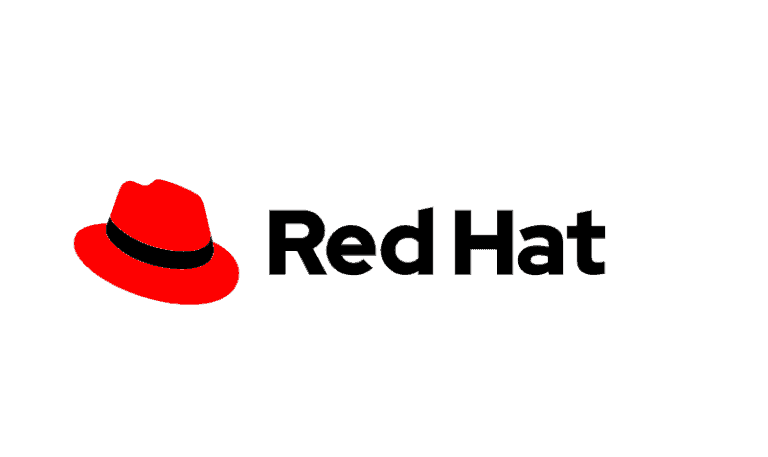Red Hat now supports high-availability and clustered applications in AWS and Azure public clouds.
Red Hat Linux has released its Resilient Storage Add-On (RSAO) software to run in the AWS and Azure public clouds. This means apps like SAS and IBM Websphere MQ, can now run on Red Hat Linux in AWS and Azure.
The Resilient Storage Add-On lets users access the same storage device to each server in a group. The Add-On includes the Global File System 2 (GFS2) to support concurrent access, a cluster-wide locking mechanism to arbitrate storage access.
There is also a POSIX-compliant file system across 16 nodes. And a Clustered Samba or Common Internet File System for Windows environments.
Delivering a high-availability add-on to support cluster applications
Bob Handlin, Experience Product Manager for Red Hat Enterprise Linux, announced the new feature in a blog post. “Red Hat offers GFS2 as part of our High Availability Add-On because it provides the capabilities needed for cluster members to access the same block device concurrently,” he explains.
“GFS2 is a true 64-bit shared namespace hybrid cloud cluster filesystem with very-close-to-POSIX semantics and full cluster coherency. A lot of cluster scenarios require that sort of thing,” he adds.
Waiting for AWS and Azure
AWS and Azure did not support shared block storage devices in their clouds until recently. Up until last year, only one virtual machine instance could access an Elastic Block Storage (EBS) device at a time.
That meant high-availability applications, like what Red Hat is introducing now, were not supported. “Last year public cloud providers Microsoft Azure and Amazon AWS announced support for shared block devices,” Handlin explains. This, he says, “paved the way” for Red Hat to provide support for Red Hat Resilient Storage Add-On on those platforms.
Going forward, Red Hat and its partners plan to test and support their high availability offerings on AWS EBS, Alibaba Cloud, and Azure shared disks, according to Handlin. He adds that they will probably add other cloud offerings as they announce shared block devices.
